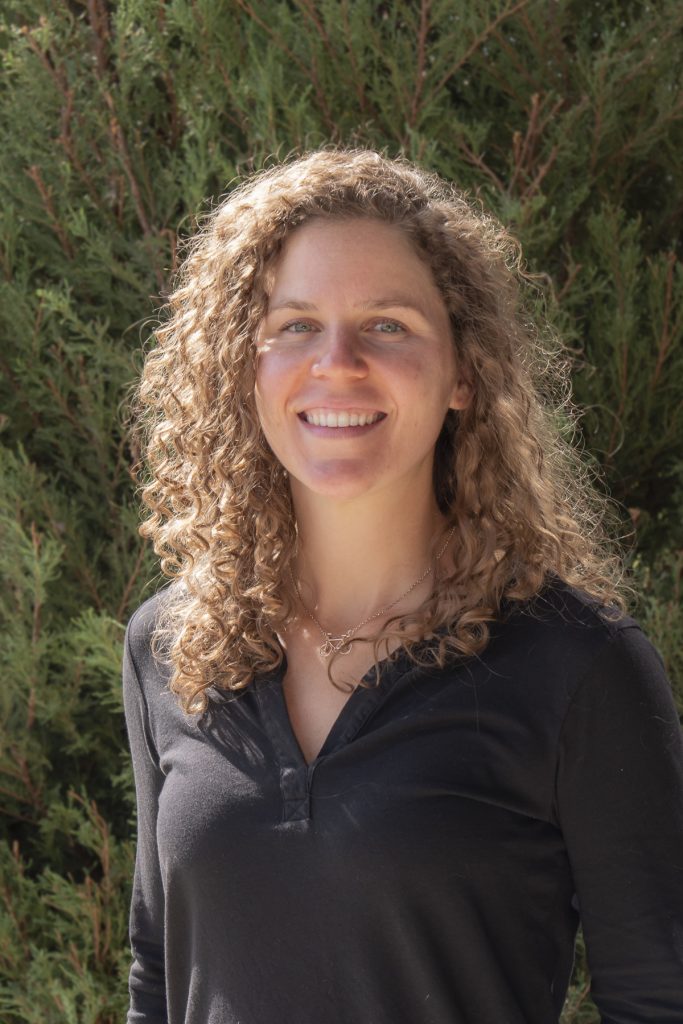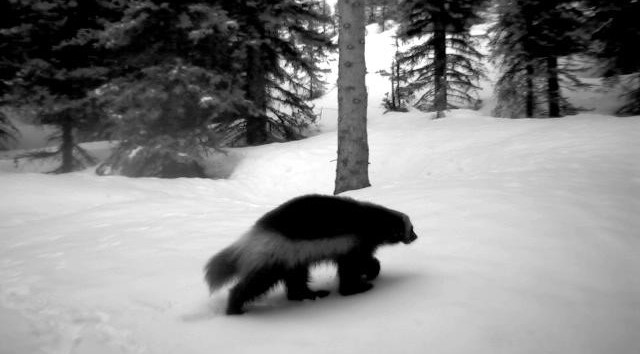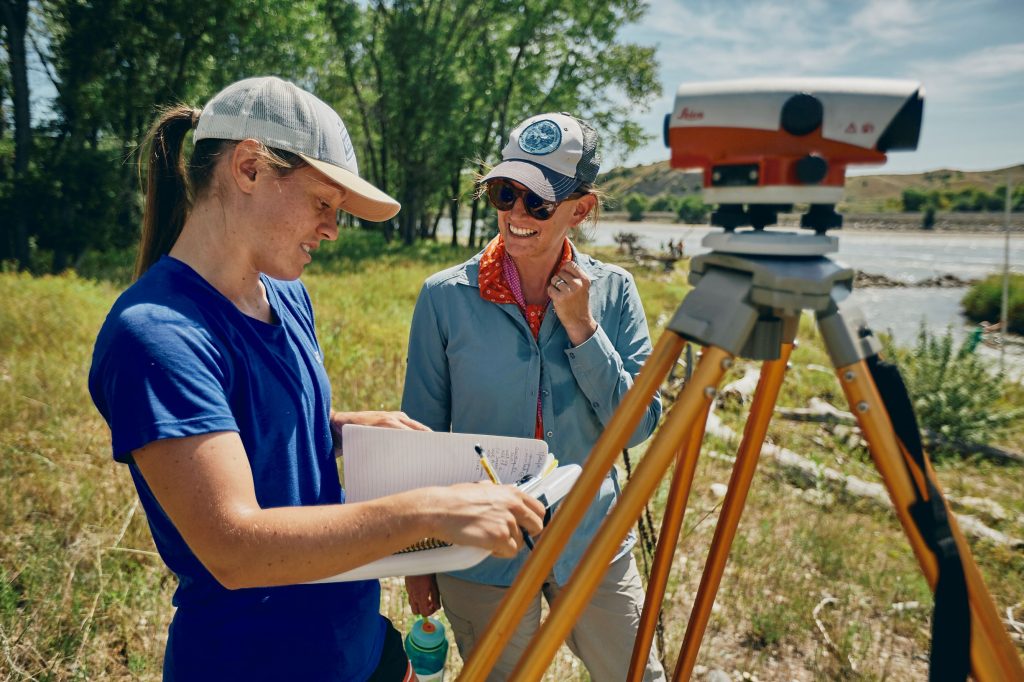Washington Post Interviews WTI Road Ecologist

One of the country’s leading newspapers consulted a WTI researcher and several of our road ecology publications for a national feature story on wildlife crossings. “Retrofitting busy highways to let wildlife travel safely, too” explored national and state initiatives to identify wildlife corridors and enhance crossing structures such as underpasses and overpasses. The Post interviewed […]
Ament Interviewed on Wildlife Crossing Structures in Wyoming
The Jackson Hole News and Guide has published “Bridging a future for wildlife,” a feature article on proposed wildlife crossings structures for Wyoming highways. In the article, WTI Road Ecology Program Manager Rob Ament discusses how crossing structures can be highly effective in reducing collisions between vehicles and large mammals, especially if the locations are […]
Huijser Leads Webinar for USFWS
In September, Research Ecologist Marcel Huijser was invited to present a training webinar for all the Regional Transportation Coordinators in the US Fish and Wildlife Services (USFWS). The topic for this training was “Road Ecology: Issues and Solutions on and for USFWS Refuges.” WTI has provided technical assistance to US Fish and Wildlife Service refuges […]
Federal Lands Wildlife-Vehicle Collision Data Coordination Project – Phase 3
WTI Welcomes New Researchers

This summer, WTI welcomed two new researchers who will provide multi-disciplinary expertise and support across several program areas. Matthew Bell is a new Research Associate, but his connection to WTI dates back to 2012 when he worked on a Road Ecology project with one of Marcel Huijser’s grad students in Missoula, Montana. In 2017, while […]
Wolverine Research Featured on MSU Website

Montana State University News Service published a feature story last week on Tony Clevenger’s wolverine research and also highlighted the story on the MSU website homepage. “MSU research shows impact of major transportation corridor on wolverine movement” summarizes the findings from a multi-year study by Clevenger and his colleagues in Banff, Yoho and Kootenay National […]
NEW REPORT: Hot Spot Analysis of Large Mammal-Vehicle Collisions in California
The final report is now available for a wildlife vehicle collision study conducted for the California Department of Transportation. Road Ecology Research Ecologist Marcel Huijser and Research Associate James Begley authored the final report for “Large Mammal-Vehicle Collision Hot Spot Analysis,” which provides guidance on the implementation of mitigation measures aimed at reducing collisions with […]
MSU News Highlights Fish Passage Research on Yellowstone River

Graduate students at Montana State University had a great opportunity to participate in aquatics field research this summer, which was captured in feature article by the Montana State University (MSU) News Service. “MSU engineers, ecologists seek to improve fish passage on Yellowstone River” profiles grad students Haley Tupin and Ian Anderson, who gathered data at […]
USFWS Sponsors New Phase of Fish Passage Research
WTI, the MSU College of Engineering, and the Bozeman Fish Technology Center (BFTC) will continue their partnership with the U.S. Fish and Wildlife Service to study fish passage and the barriers that limit fish movements. Under a 5-year cooperative agreement, USFWS will sponsor a new phase of fish passage research projects, using the open channel […]
NEW PROJECT: Assessing the Costs and Benefits of an Animal Detection System
WTI Road Ecologist Marcel Huijser will lead a cost-benefit analysis of an animal detection system (ADS) for the Montana Department of Transportation (MDT). MDT is considering a possible installation of an ADS along U.S. Highway 89, near Livingston, Montana. The analysis will investigate factors such as the number of wildlife vehicle collisions (WVCs) on the […]
